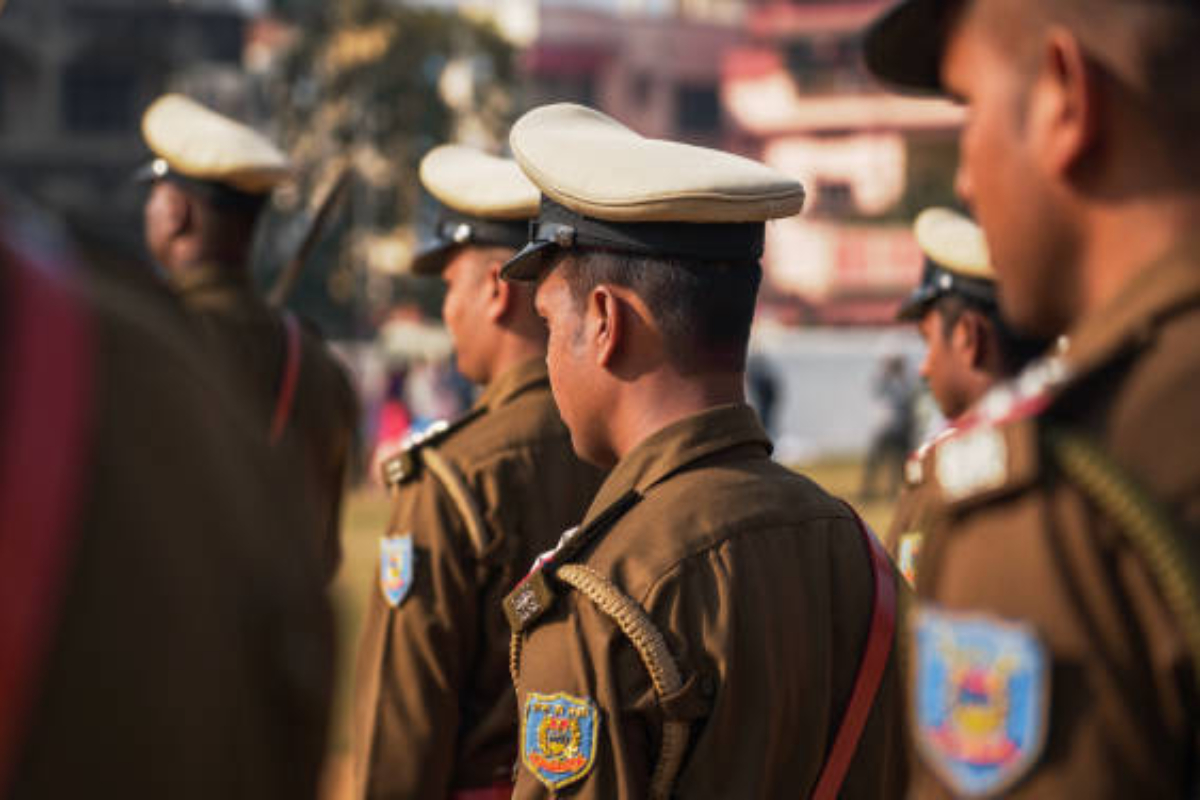A police job is exacting and strenuous and so the object of training of IPS officers, leaders of the police force of tomorrow, is to make them tough and strong They have to protect society from crime and criminals. Like Spartan generals they have to be brave and no-nonsense leaders. The Central Police Training College (CPTC) at Mount Abu was the post induction training institution of IPS officers. It was a makeshift institution hurriedly set up after independence. Training facilities were inadequate and in the curriculum there was an overemphasis on drill, parade, horse riding and physical exercises To many young IPS probationers CPTC was an acronym for constant physical torture college.
When we entered the portals of the CPTC, the commandant was a celebrated and colourful police officer of the UP cadre, G K Handoo. Tall, handsome and with silvery mane, he was a commanding and captivating personality.
Advertisement
We used to experience a sense of awe and trepidation in his presence. He made clear to us in no uncertain terms that the police service is for the brave and lion-hearted and not for weaklings. He left on deputation to the government of India after two months and the Deputy commandant, E L Stracey became Commandant-in-charge.
Stracey was an IP officer of the Madras cadre. Smart, handsome and ramrod straight, he was an inspiring model, and an ideal trainer who took great interest in imparting training to budding leaders of the Indian police service. Stracey was a stickler for correct etiquette and manners and took great interest in teaching raw probationers how to hold forks and knives correctly at the dinner table, how to greet a lady and how to salute correctly in uniform. We used to call him Etiquette Loving Stracey. He could be blunt and stiff at times but always sought to inculcate in the probationers officer the same qualities. Colour of the socks not matching the shoes, hastily shaven cheeks and loose tie knots would not escape his eagle eyes. Once while noticing a young probationer lowering his head too much while sipping, he advised him not to do so and devastatingly added horses do like that”.
Though punctilious, he was never a heartless martinet. Behind a tough exterior there was warmth and concern for the welfare of the trainees. He would tick off not only the probationers but also the instructional staff and the senior officers coming for the advanced courses. He used to chastise outdoor instructors for using swear words on the parade ground. He pulled up a senior officer (who later became a Member of Parliament) for coming late as a player in a cricket match and setting a bad example to probationers. Once while admonishing an errant probationer he said that one has to be at times cruel in order to be kind. Firmness and fairness must go hand in hand.
Stracey used to take classes on police procedures. He was not very knowledgeable on police regulations and administration but always emphasised that in police investigation third degree methods are counter-productive and morally unacceptable. He used to emphasise that only when the senior officers stand rocklike and insist on policing according to due process would Indian police be able to get out of the miasma of distrust that now envelops it.
Twenty years later when I was serving as DIG in Rourkela in Orissa, I received a letter from MIS Iyer, the then Deputy Director Training, National Police Academy, that Stracey’s sword was to be kept in the Central IPS mess at the NPA and wanted me to suggest some appropriate lines to be inscribed on the brass below the sword. I wrote back to Mr. Iyer that Stracy had become a living legend and would occupy a distinguished place in the annals of the Indian Police Service. I suggested the following lines to be inscribed below the sword:
Be Just and fear not. Let all the ends thou aimst at
Be thy country’s, thy God’s and truths.
I sent a copy of my letter to Iyer to Stracey, who was then Director-General of police, Tamil Nadu. Stracey wrote back that the “compliments you have paid are touching, all the more because they are sincere. I only hope I deserve them.”
Today, many of the police training institutions of the country are in a bad shape and have become dumping grounds for inefficient and demotivated officers and men. We need outstanding and committed officers like Stracey at training colleges and institutions to galvanise them. His dignified bearing, graceful manners, eye for detail and constant and unremitting endeavour to improve an institution mark him out as an ideal trainer.
(The writer is Senior Fellow Institute of Social Sciences, a former Director General of the National Human Rights Commission and former Director, National Police Academy.)











